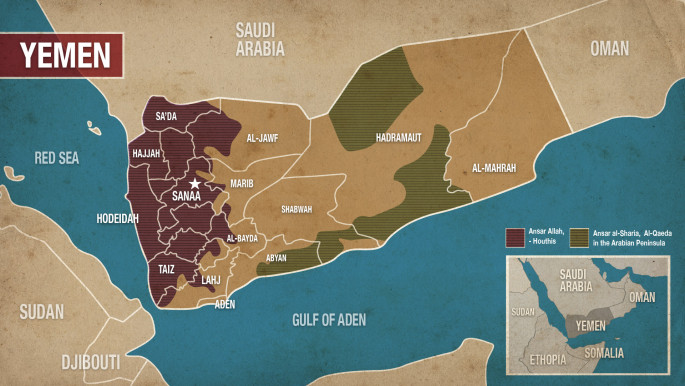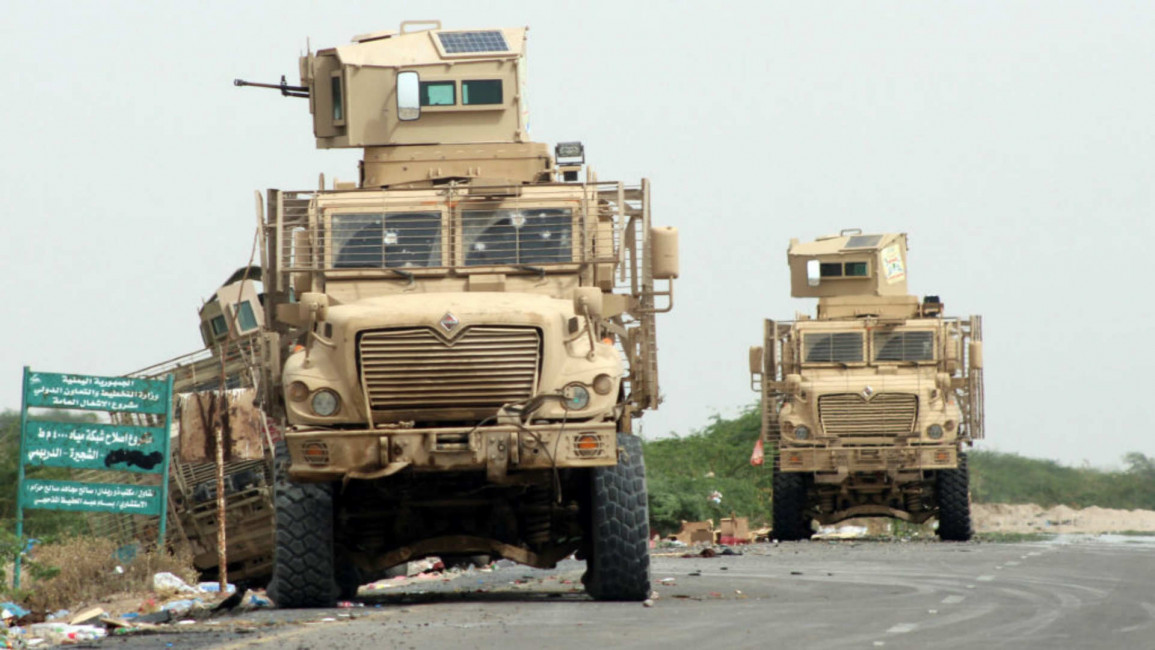
UAE abuses in Yemen are an extension of authoritarianism at home
The issue has been raised over the past year by several media and rights groups including Human Rights Watch and Associated Press, but this latest report emphasises that UAE and Yemeni operations qualify as war crimes: "Due to the fact that [these violations] are being carried out in the context of the armed conflict in Yemen, the practices of enforced disappearance and torture documented in this report amount to war crimes."
Given the UAE's dark record of human rights violations; its jailing of dissidents, arbitrary detention, abuse of migrant workers' rights, and other rights, Abu Dhabi's practices in Yemen are consistent with its approach towards human rights at home. The UAE has been facing criticism for its domestic human rights abuses both by rights groups and the UN Human Rights Council - and it has always defended itself simply by denying such accusations outright.
UAE human rights abuses in Yemen seemingly come as an extension of Abu Dhabi's way of addressing human rights at home - and, again, it has defended itself by flatly denying the accusations in the recent Amnesty report.
The controversy over Emirati troops occupying Yemen's famous Socotra island, and the bold statement by Yemen's President Abd Rabbo Mansour Hadi saying, "[The] UAE acts as an occupier in Yemen" - as well as reports of the UAE banning Hadi's entry to Aden - have all revealed how Abu Dhabi's motives in Yemen are not exclusively limited to its military involvement within the Saudi Arabia-led Arab Coalition.
The UAE is more interested in exploiting the war in Yemen for economic and political gains.
 |
|
To expand its maritime and trade sector, the UAE has aimed to seize Yemen's key ports - Socotra, Aden and Hodeidah - given their global economic strategic location for the world's major trade shipping routes.
If that doesn't come off, Abu Dhabi at least wants any political leadership at these key ports to be fully affiliated to the Emirates.
In order to secure its goals, the UAE has been creating its own security apparatus in southern Yemen. "Since joining the conflict in March 2015, the UAE has created, trained, equipped and financed various local security forces known as the Security Belt and Elite Forces," reads the Amnesty report. "It has also built alliances with Yemeni security officials, bypassing their leadership in the Yemeni government."
 |
The UAE enjoys the freedom to support militia groups as it wishes in Yemen's south, given the absence of any strong or even competent governance by Hadi's Yemeni government |  |
In my interviews with several young men and women from Aden who escaped the city to countries I can't mention for their own safety, I was told how their friends had been killed by UAE-backed Yemeni fighters after they were of being secular or atheists.
Amjad Abdulrahman, a young activist about whom I have previously written, was, according to his friends and family, one of the first to be killed by a militia group supported by UAE.
Read more: Tortured, detained, disappeared: UAE abuses rife in southern Yemen
The UAE enjoys the freedom to support militia groups as it wishes in Yemen's south, given the absence of any strong or even competent governance by Hadi's Yemeni government - which faces countless accusations of corruption. Beside its security alliance with UAE troops, the Yemeni government's poor performance in improving living and security conditions has increased resentment among the people of the south.
Two days before the Amnesty report was released, Yemeni social media users extensively shared a video of a heated discussion between a southern woman activist and a southern politician. "There was no difference between Houthis' leadership style in the north and the southern leadership style in the south," the woman is heard saying in the video - referring to how both Houthis and the legitimate government in south of Yemen have been corrupt, unjust and politically authoritarian.
Demands made by Amnesty to investigate these gross human rights violations are undermined by a fundamental lack of political will among all parties involved in the enforced disappearance and detentions. Yemeni victims' hope lies in efforts made by international human rights groups who may one day succeed in using international humanitarian laws to bring justice to Yemeni victims.
Afrah Nasser is a multi-award winning independent freelance Yemeni journalist, and founder and editor-in-chief of Sana'a Review e-magazine.
Follow her on Twitter: @Afrahnasser
Opinions expressed in this article remain those of the author and do not necessarily represent those of The New Arab, its editorial board or staff.



